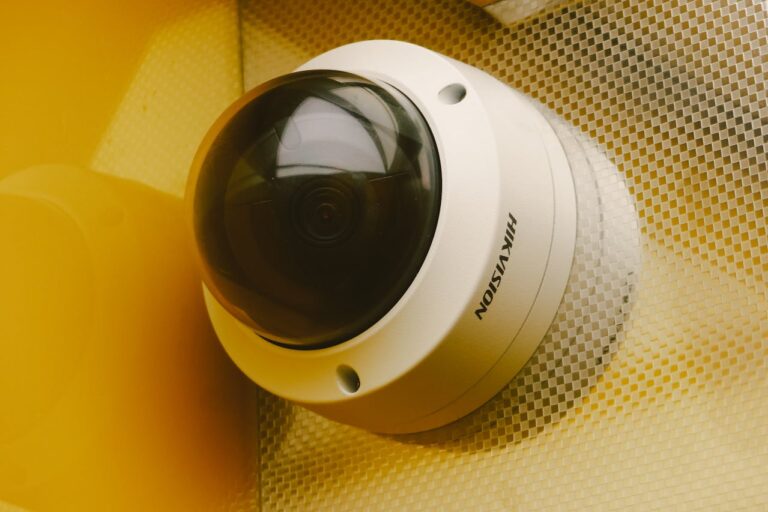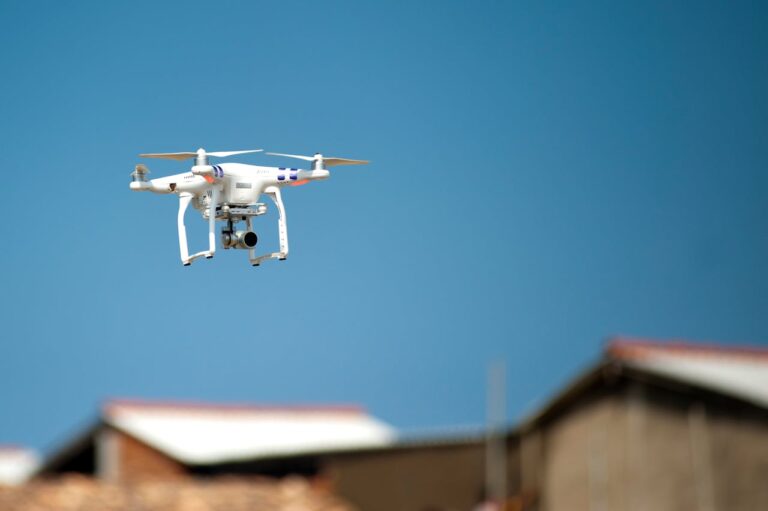In South Africa’s high-stakes public sector environment, the role of security is not only to prevent incidents – it’s also to avoid creating legal exposure for the institution. Lawsuits involving security personnel or departments are not just a corporate risk – they are increasingly a concern for government institutions entrusted with protecting people, property, and public resources.
Whether it’s a security guard using excessive force, a failure to respond to a threat, or breaches of privacy rights, legal claims against security operations can result in financial losses, reputational damage, and even political fallout.
Security managers in South African government departments – be it local municipalities, SOEs, or national departments – must understand the most common reasons security gets sued. Knowing these risks is the first step in building compliant, defensible, and resilient security operations.
-
Excessive Use of Force
One of the most common and high-profile reasons security teams face legal action is the use of excessive or inappropriate force.
Example Scenario: A contracted security officer at a government clinic restrains a member of the public too aggressively during a confrontation, resulting in injury. A bystander records the incident, and soon the video goes viral.
In South Africa, where social tensions and mistrust of authority can heighten the public’s response to any sign of abuse, such incidents quickly escalate. Legal claims may allege assault, bodily harm, or even violations of constitutional rights.
Why It Happens:
- Poor training on de-escalation techniques
- Inadequate understanding of the legal boundaries for private security personnel
- Failure to follow institutional protocols
Mitigation Strategy:
Security managers must ensure that all personnel – both in-house and outsourced – receive regular, scenario-based training on use of force, the principles of necessity and proportionality, and the legal framework applicable under the Private Security Industry Regulation Act (PSIRA) and South African common law.
-
Negligence or Failure to Act
Sometimes, it’s not what security personnel “do”, but what they “fail to do” that leads to litigation.
Example Scenario: A visitor to a government building is assaulted in a poorly lit parking area. CCTV shows that security staff were aware of loiterers in the area earlier but failed to take preventive action.
This type of lawsuit often alleges “negligence” – that security failed to meet the standard of reasonable care expected in the circumstances.
Why It Happens:
- Security personnel ignore early warning signs
- Inadequate patrols or staffing levels
- Poor incident reporting and escalation protocols
Mitigation Strategy:
Security operations must be proactive, not reactive. Managers need clear procedures for threat detection and response, paired with thorough documentation. Regular audits of patrol logs, incident reports, and infrastructure (like lighting and surveillance systems) are essential to show due diligence.
-
Wrongful Detention or Arrest
Security staff do not have the same powers as law enforcement – and overstepping those boundaries can result in serious legal consequences.
Example Scenario: A security officer detains a contractor suspected of theft for several hours in a locked room without police involvement. The contractor later sues the department for unlawful detention.
Wrongful arrest or detention claims hinge on whether the security team had legal authority, reasonable grounds for suspicion, and followed the correct procedures.
Why It Happens:
- Misunderstanding of legal powers under South African law
- Acting without involving the SAPS
- Delays in reporting incidents to relevant authorities
Mitigation Strategy:
Security managers should provide clear guidelines on what actions security personnel may and may not take. Refresher training on legal procedures and immediate escalation to SAPS when warranted helps avoid crossing legal lines.
-
Invasion of Privacy or Misuse of Surveillance
In a digital world where surveillance is ubiquitous, security teams walk a fine line between monitoring and violating privacy.
Example Scenario: Security at a public housing department uses CCTV footage to identify and share images of staff members involved in misconduct – without authorisation or due process.
While public institutions have a duty to maintain safety, they also have obligations under the Protection of Personal Information Act (POPIA). Mishandling data, over-surveillance, or failing to secure recorded material could trigger claims of privacy invasion or data protection violations.
Why It Happens:
- Lack of awareness about data protection legislation
- Poor access controls to surveillance footage
- Sharing of information without legal basis
Mitigation Strategy:
Security managers must work closely with their institution’s Information Officer to align surveillance practices with POPIA requirements. Access to footage must be strictly controlled, usage policies documented, and employees trained in ethical surveillance practices.
-
Poor Contract Oversight and Liability Gaps
Many government institutions outsource their security functions. But outsourcing does not eliminate liability – it merely changes where and how it arises.
Example Scenario: A contracted guard employed by a third-party company is implicated in a theft. The public sues the government institution for negligence in hiring the contractor.
Under South African law, “vicarious liability” may apply if an institution fails to vet contractors or does not exercise oversight. Even if the guards are not direct employees, courts may find that the institution had a duty of care.
Why It Happens:
- Inadequate screening of contractors
- No contract clauses covering liability and performance standards
- Failure to monitor service levels or investigate complaints
Mitigation Strategy:
All service level agreements with security providers must include clear liability clauses, minimum training standards, and compliance obligations. Institutions must also actively monitor contractor performance and maintain incident records to protect themselves from third-party actions.
Conclusion: Legal Readiness Is Security Readiness
Security managers in South African government departments face immense pressure – from budget constraints to rising crime and increasing public scrutiny. But one of the most overlooked risks is legal liability. Lawsuits don’t just cost money – they erode public confidence and weaken institutional credibility.
By understanding the five key reasons security operations face litigation – excessive force, negligence, wrongful detention, privacy breaches, and contractor mismanagement – security professionals can take proactive steps to reduce risk.
- A strong legal risk management strategy includes:
- Up-to-date training aligned with South African law
- Clear internal policies and standard operating procedures
- Regular compliance audits and incident reviews
- Stronger collaboration between security, legal, HR, and ICT departments
Ultimately, protecting a government institution means more than stopping physical threats – it means guarding against legal vulnerabilities, too.
If you are interested in advanced targeted security management training, have a look at our Security Management (Advanced) Course Track by following the link below. We also offer training and workshops on many other security and CI related topics, including the one covered in this blog post.







